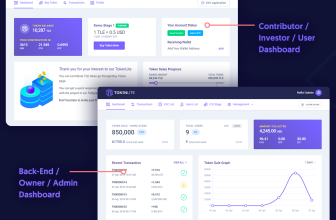Blockchain: Changing Responsibilites And Operations Style For Financial Professionals
Financial professionals must find new ways to keep pace with the change and risk of disintermediation, while also ensuring the efforts to use blockchain are targeted at the right opportunities. Accounting, finance and tax professionals play key roles in the integrity of our financial systems, from ensuring transactions and risks are reflected in company records to meeting any and all compliance obligations. Accounting and finance functions have great responsibility on their hands—and now have a new, complex technology to understand.
The rise of digital assets and distributed ledger technology, specifically blockchain, has the potential to upend the entire industry. Many industry professionals are increasingly being asked to work with these new technologies and are forced to understand the concepts with which they are based and the business models they enable. Financial professionals who are not able to appreciate blockchain’s impact on the industry are at risk of falling behind. At the speed with which blockchain has emerged, organizations need a framework for understanding the inherent challenges and opportunities of distributed ledgers.
Today’s advanced technology is pushing the boundaries of traditional ideas and business models. In this experimental economy, the rise of fintechs and startups are forcing legacy businesses and government regulators to keep pace. Of these advanced technologies, blockchain may be the most revolutionary. This means financial professionals must find new ways to keep pace with the change and risk of disintermediation, while also ensuring the efforts to use blockchain are targeted at the right opportunities.




